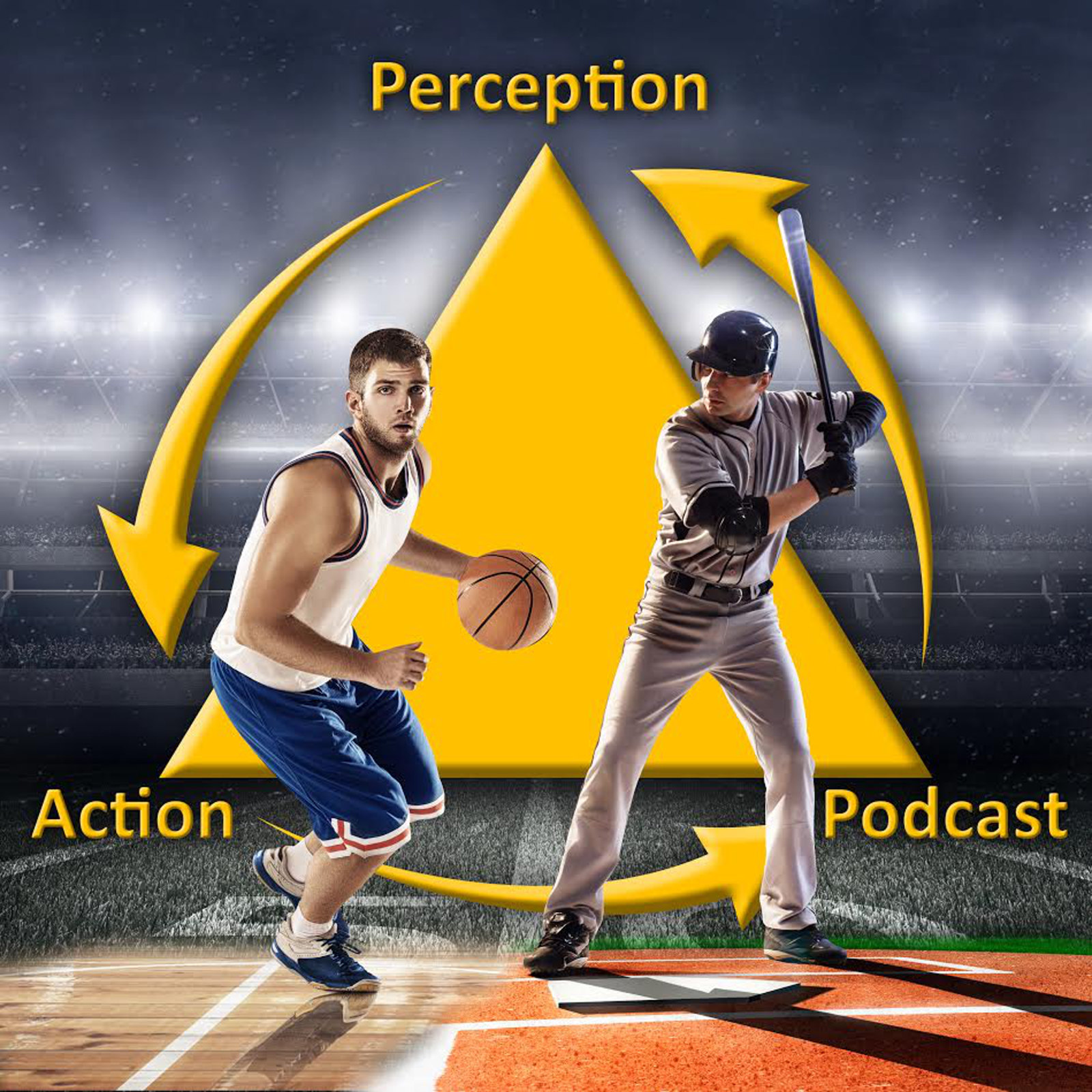154 – How is Peripheral Vision Used in Sports? Gaze Anchors & Pivot Points
154How exactly is peripheral vision used in sports? What are the costs and benefits of different gaze strategies? A look at gaze anchors and visual pivot points. Download link Articles: What do we see out of the corner of our eye? The role of visual pivots and gaze anchors in sport Peripheral Vision in Martial…
Read More
